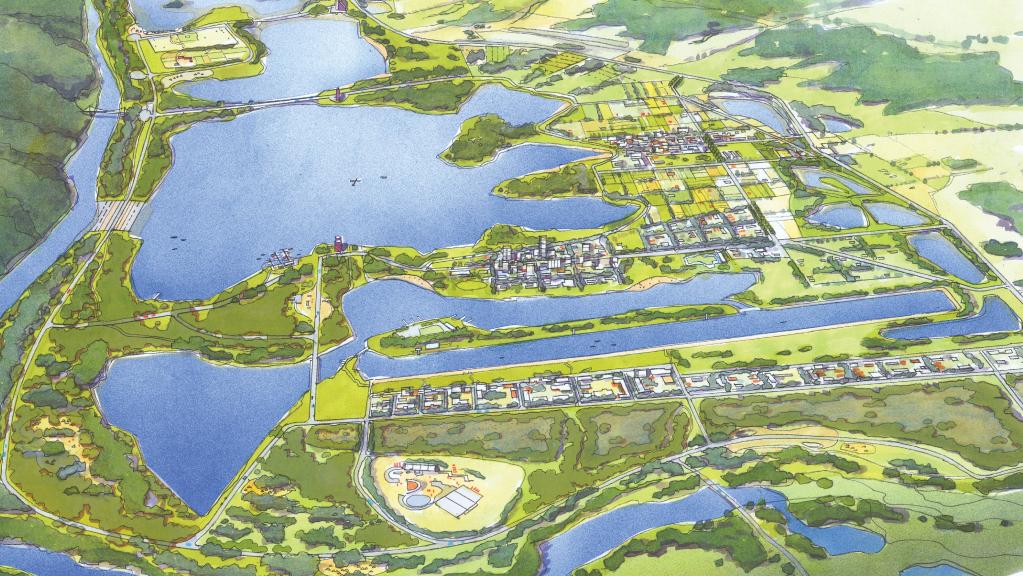Matters of Concern: What's in An Ecotopian Toolkit? Part 3
May 19, 2017
In this series, four of the presenters for Ecotopian Toolkit for the Anthropocene reflect on a number of concerns that emerged from the conversations throughout the conference's three days. Representing different fields and academic disciplines, the four women offer various perspectives while pondering the following questions: what might an Ecotopian Toolkit look like? How do “we” build one? What tools might “we” want to include?

What's in an Ecotopian Toolkit?
By Jennifer Ferng
I was very impressed with the breadth of cross-disciplinary research represented at the Ecotopian Toolkit conference. I wanted to raise two concepts that might help us think through some of the diverse historical and theoretical contexts articulated by many of the conference participants.
The first concept is an idea borrowed from Science Technology Studies – that of, tinkering – detailed by Karin Knorr Cetina and highlights how technologies have been adjusted to fit the particular needs of users. Here it is not so much specific tools being proposed by participants that is important but how scholars, artists, and activists begin to make small or large improvements or adaptations to such tools that matter most. This could include artists or scholars making their tools fulfill the objectives of research or users making a tool work with their needs to solve daily problems.
The second concept is a notion of a public – while I think that most conventional definitions address the public as an audience for the dissemination of research, here at this conference, public engagement and/or participation with environmental thinking and/or environmental studies has been crucial. A public can be useful in understanding how a plurality of voices, opinions, and positions can counteract dominant power patterns (and counterpublics to provide space for marginalized views and disenfranchised participants).
Jennifer Ferng is Lecturer in Architecture at the University of Sydney. She received her PhD from the Massachusetts Institute of Technology and holds professional degrees in design from Princeton University and Rice University.
Her talk, "Outback/City: Anthropocenic Tools for Penrith Lakes in Western Sydney" argued for architecture as a tool that connects the past histories of the site with present conservation plans and future use of the region as a tourist destination.
